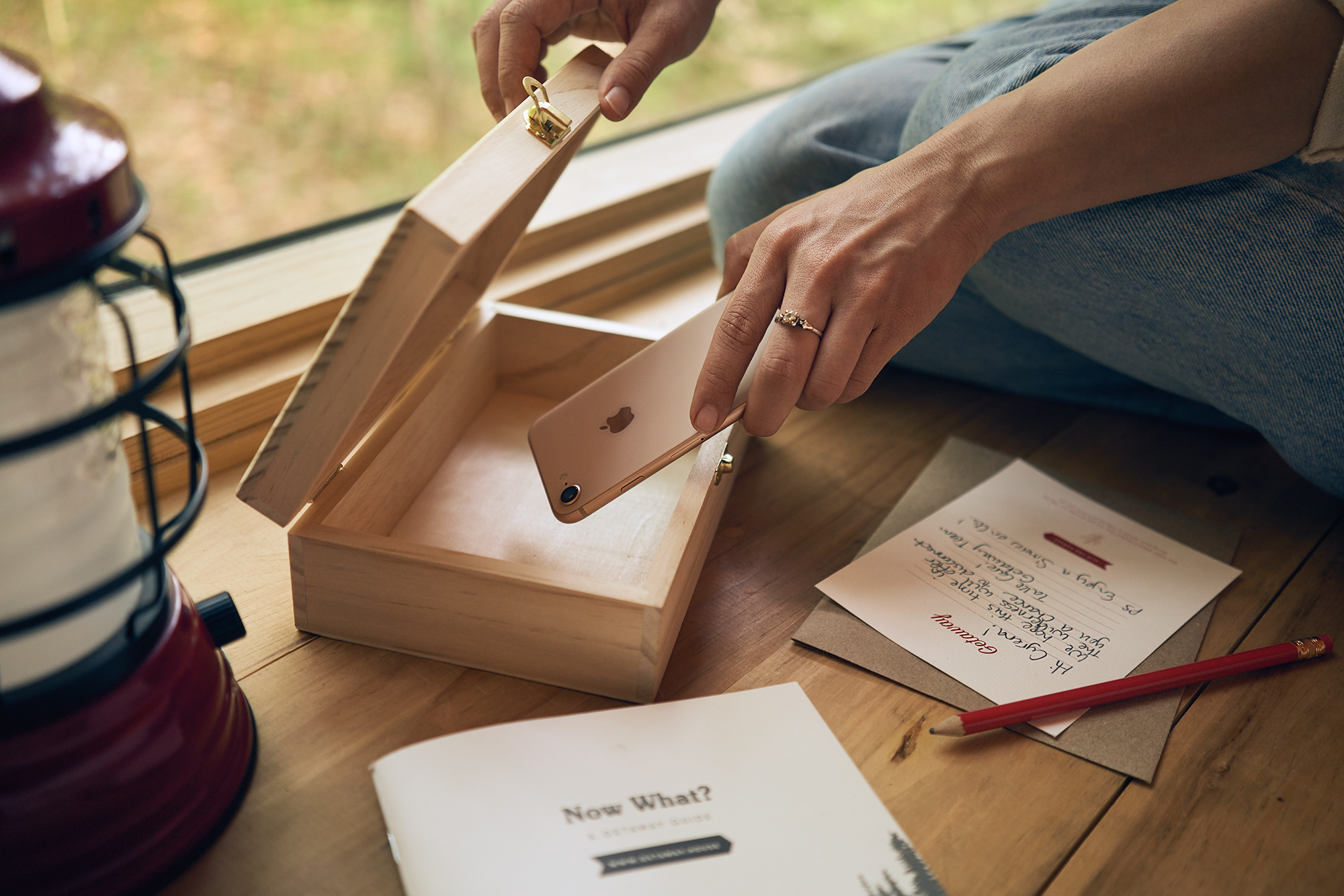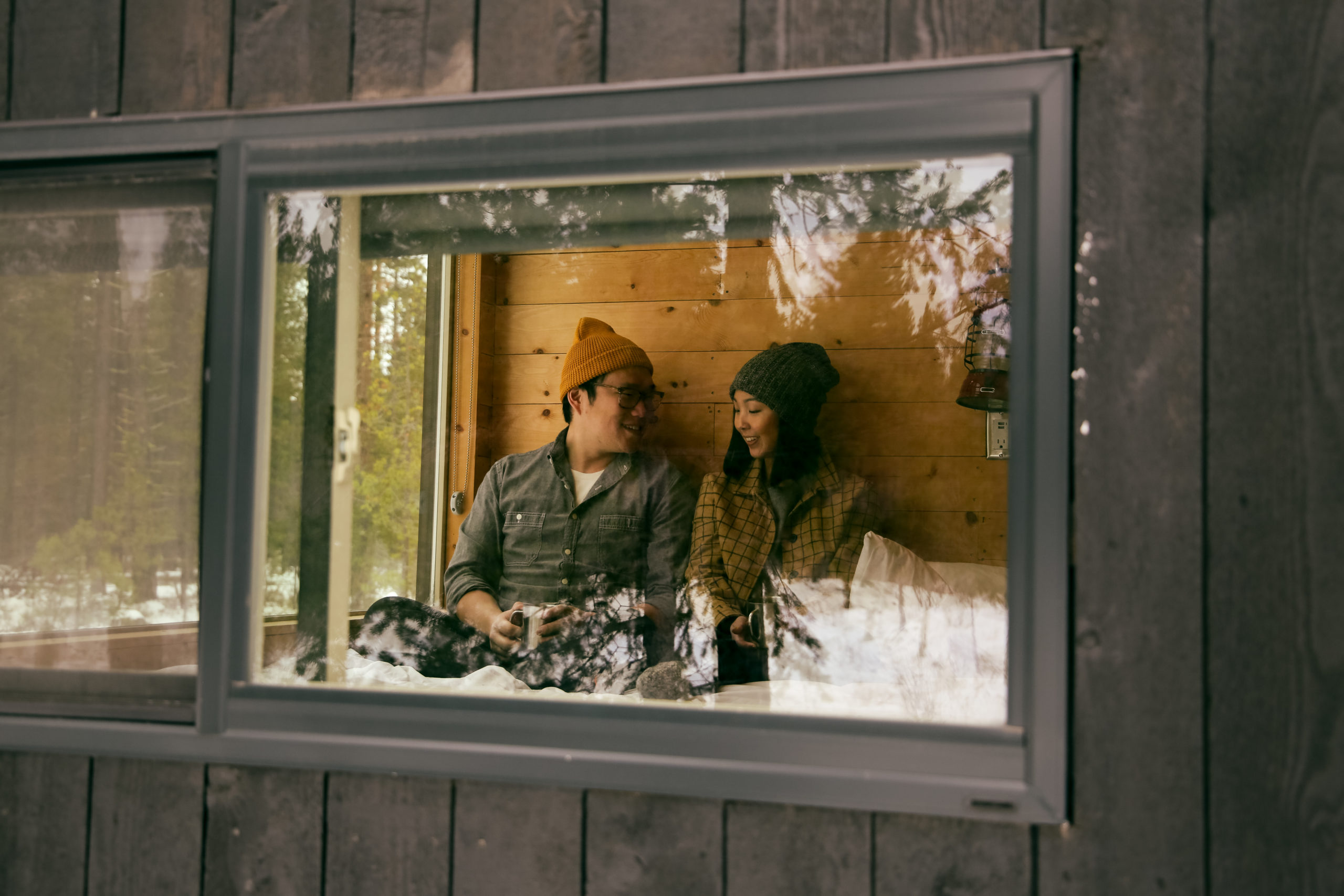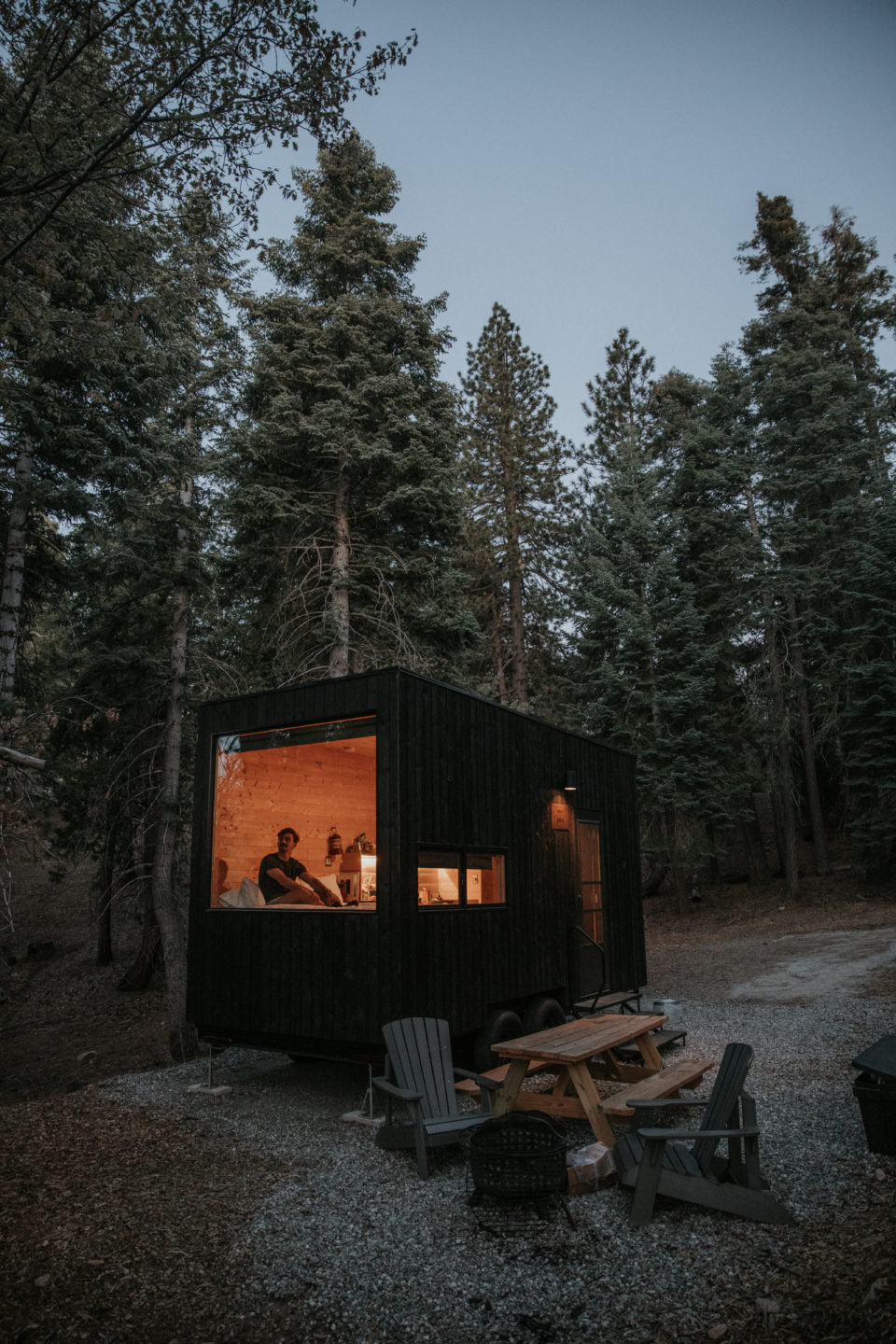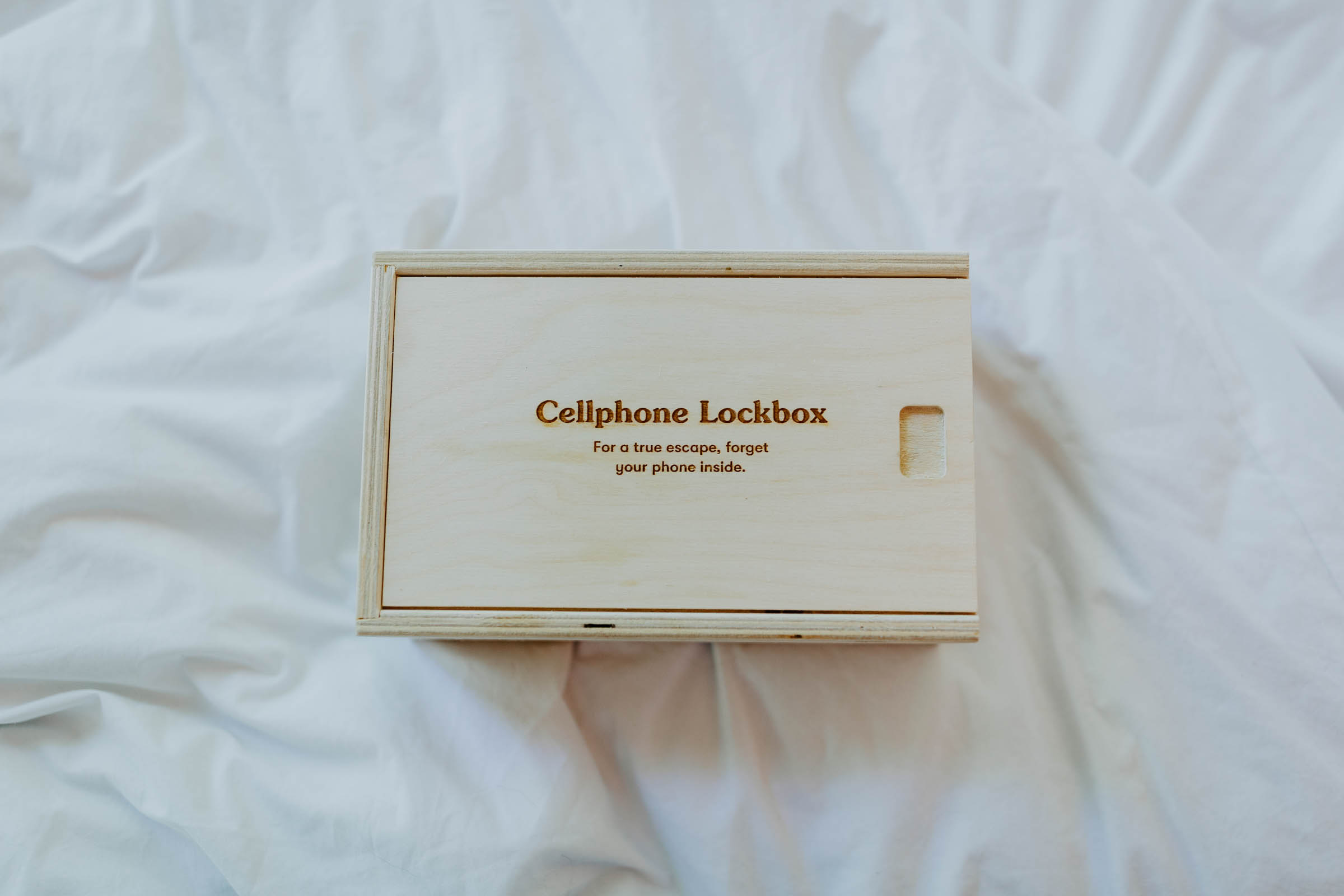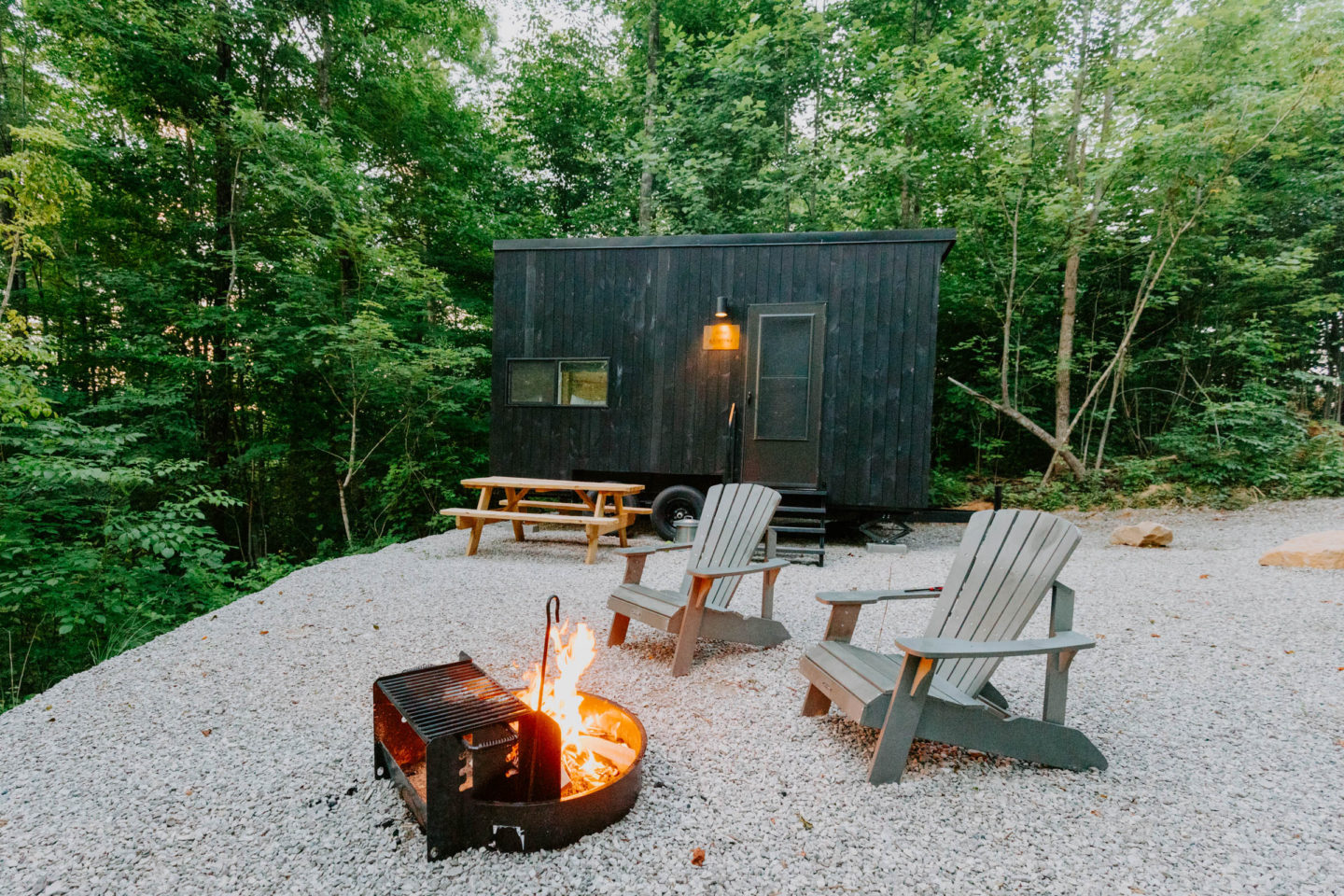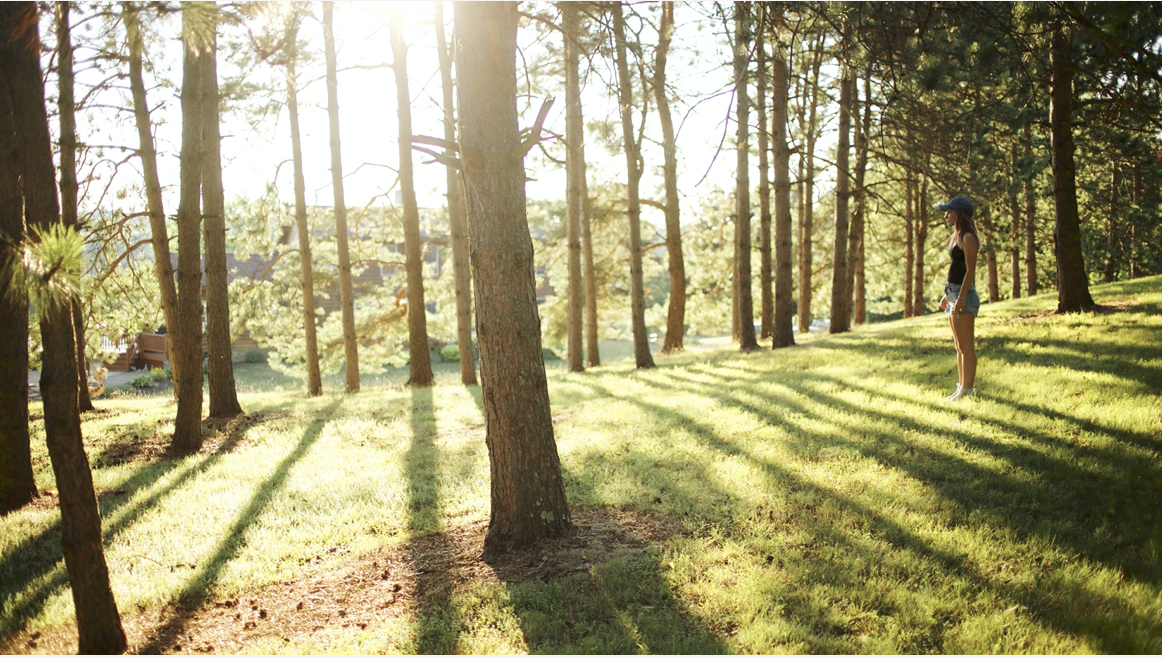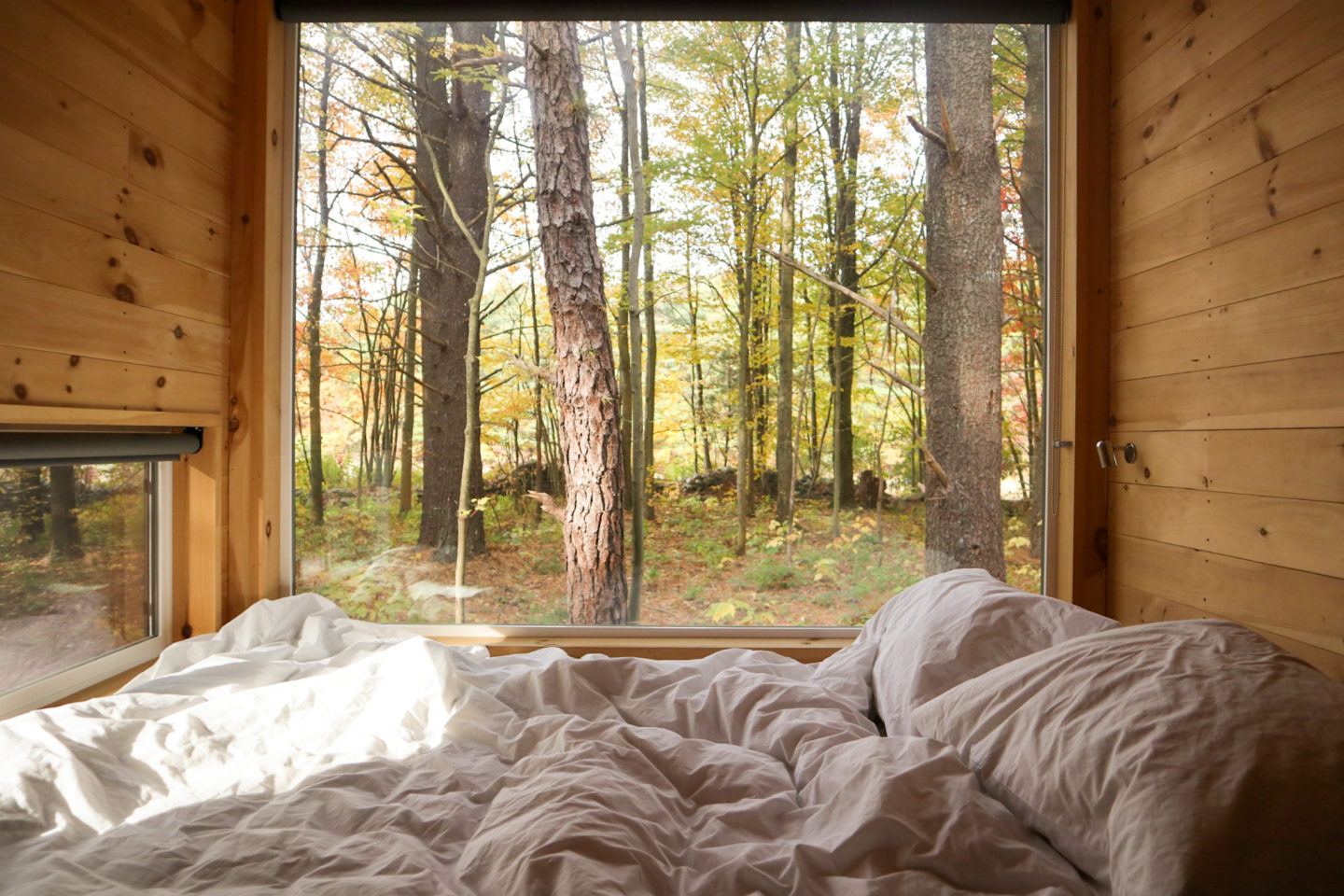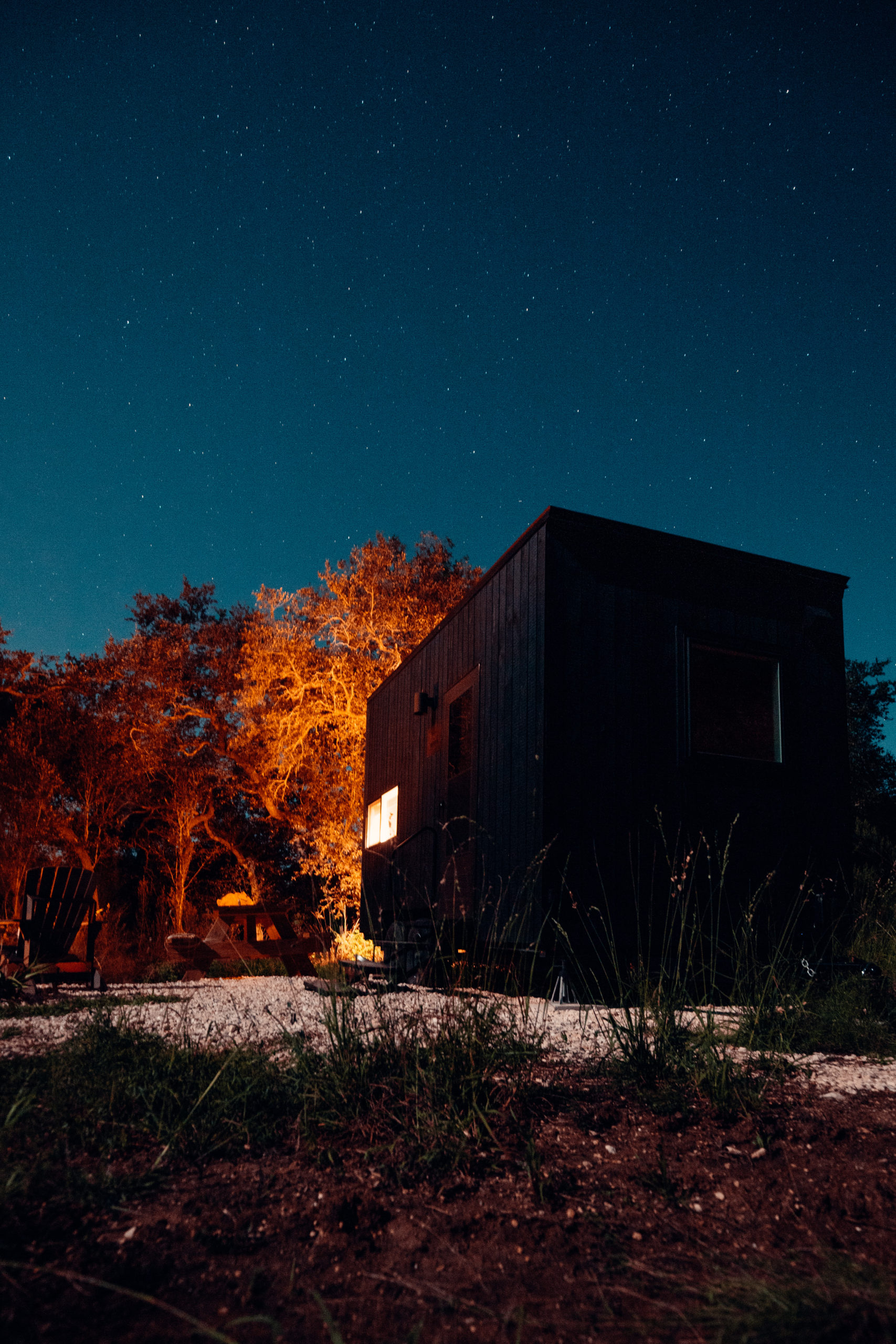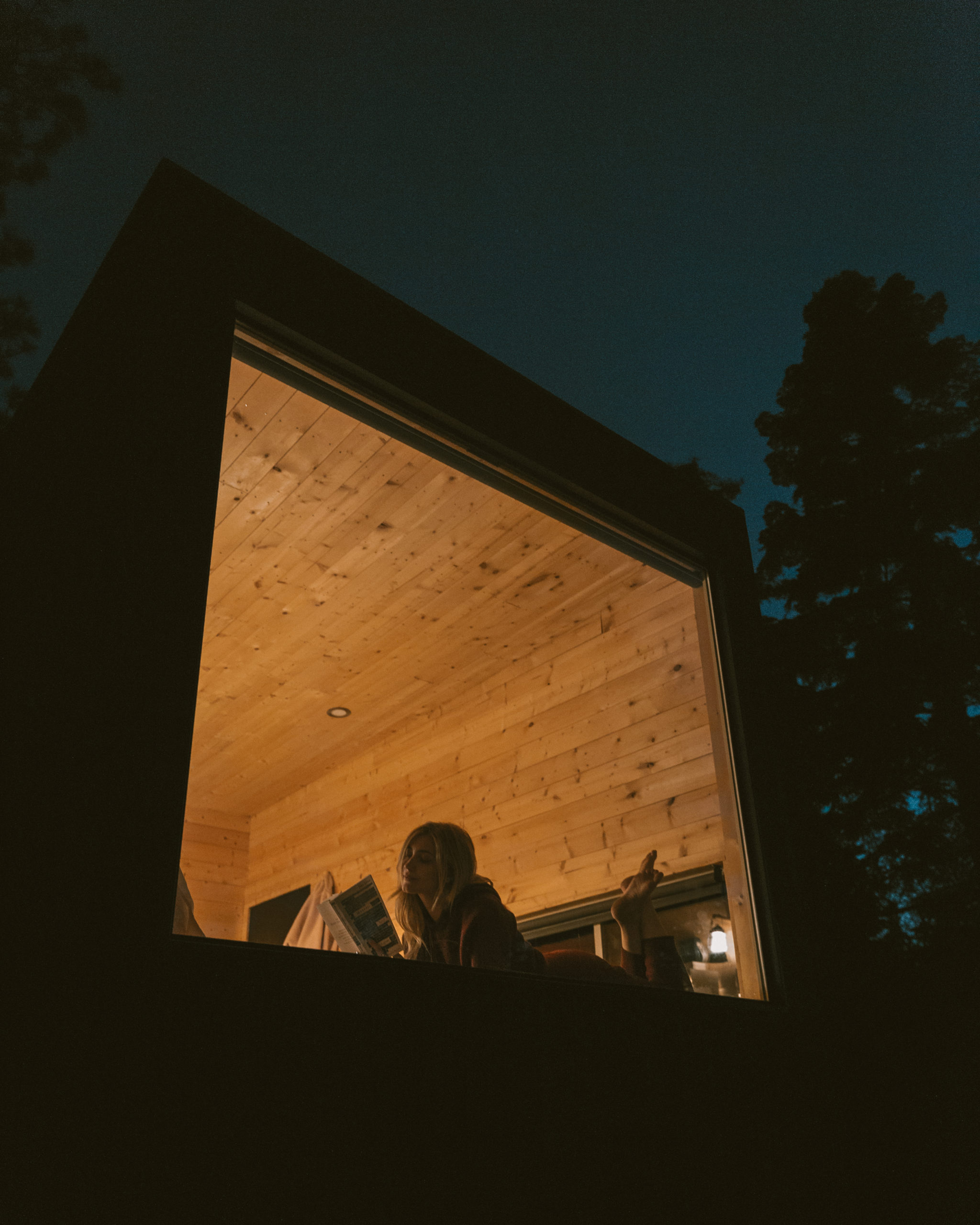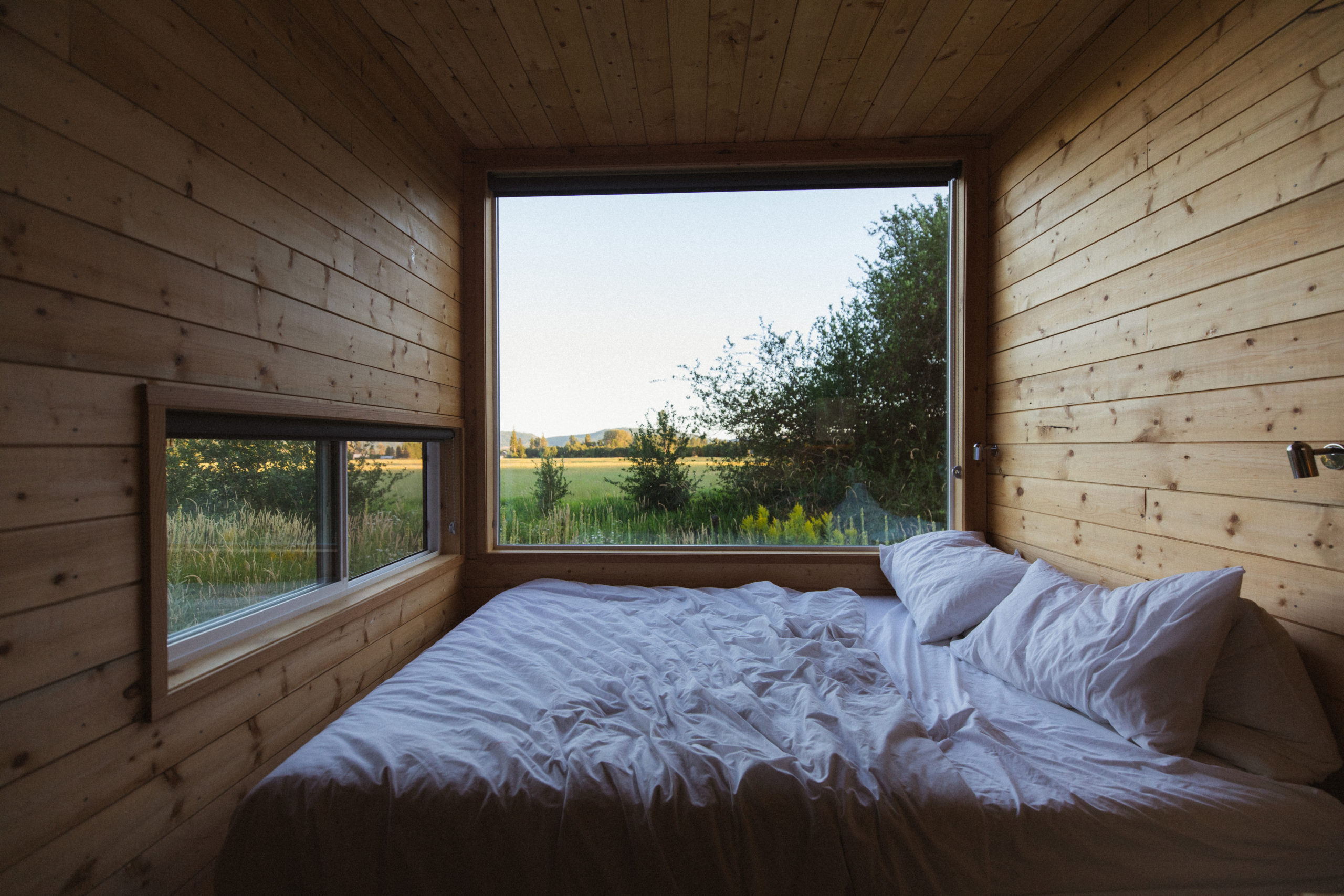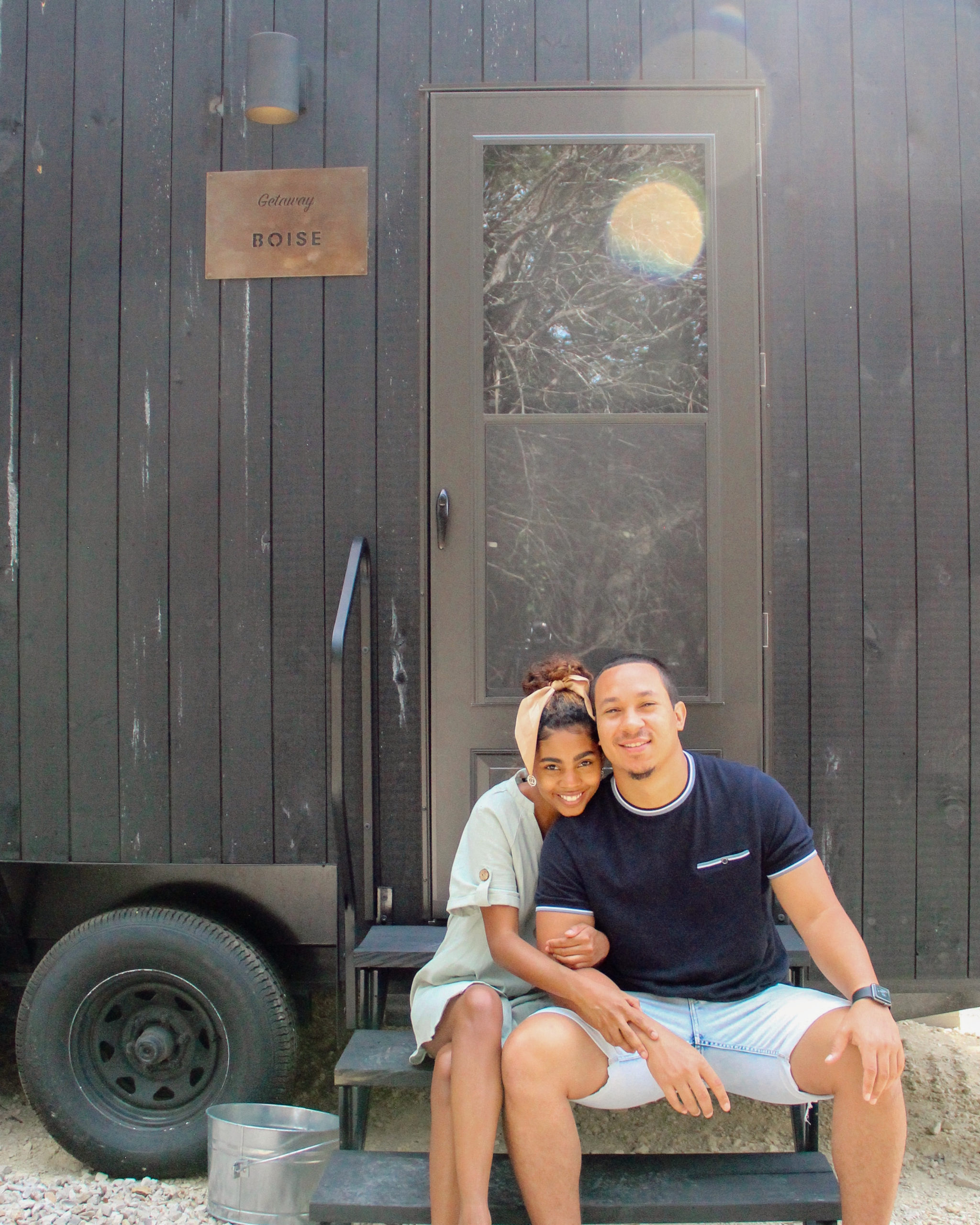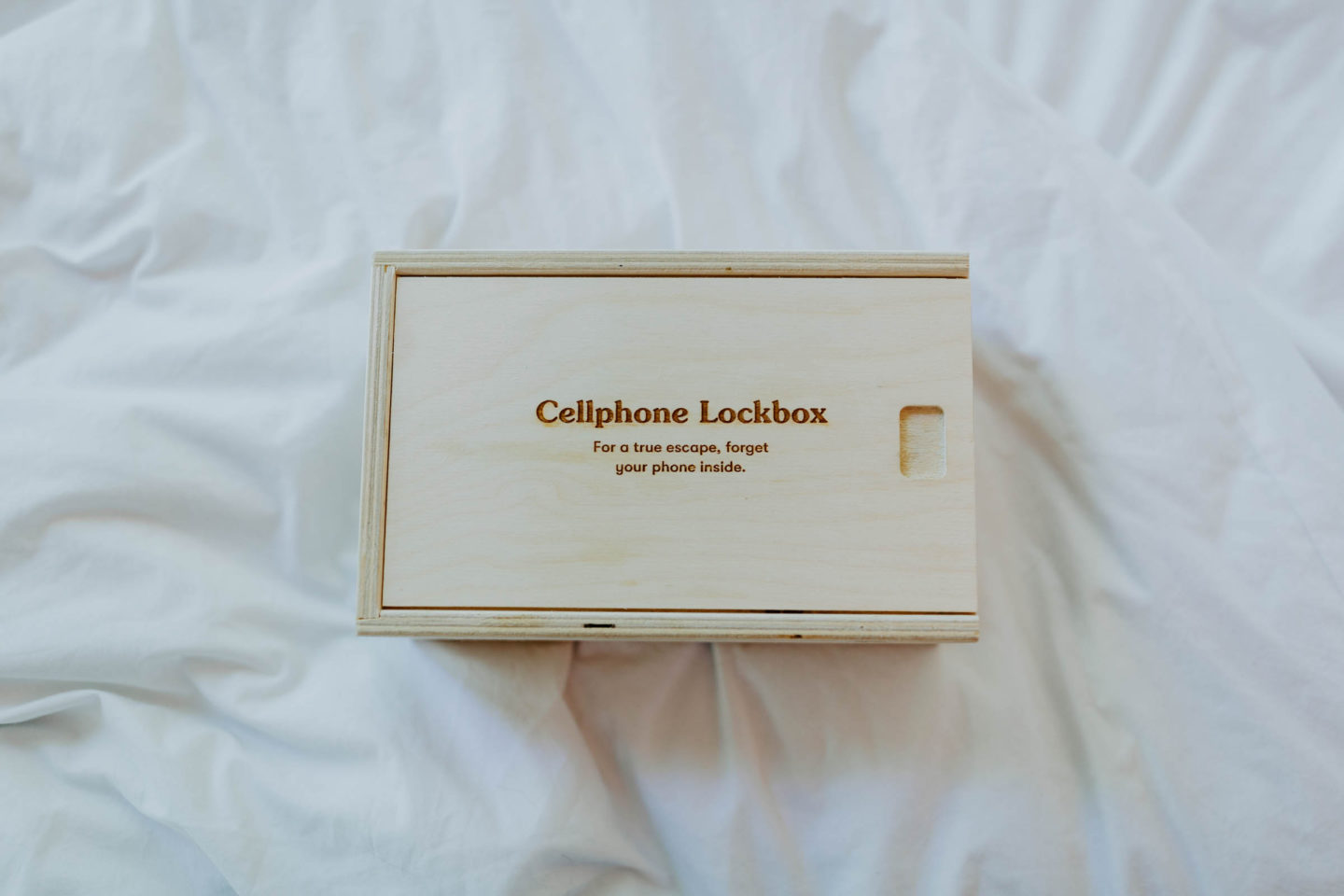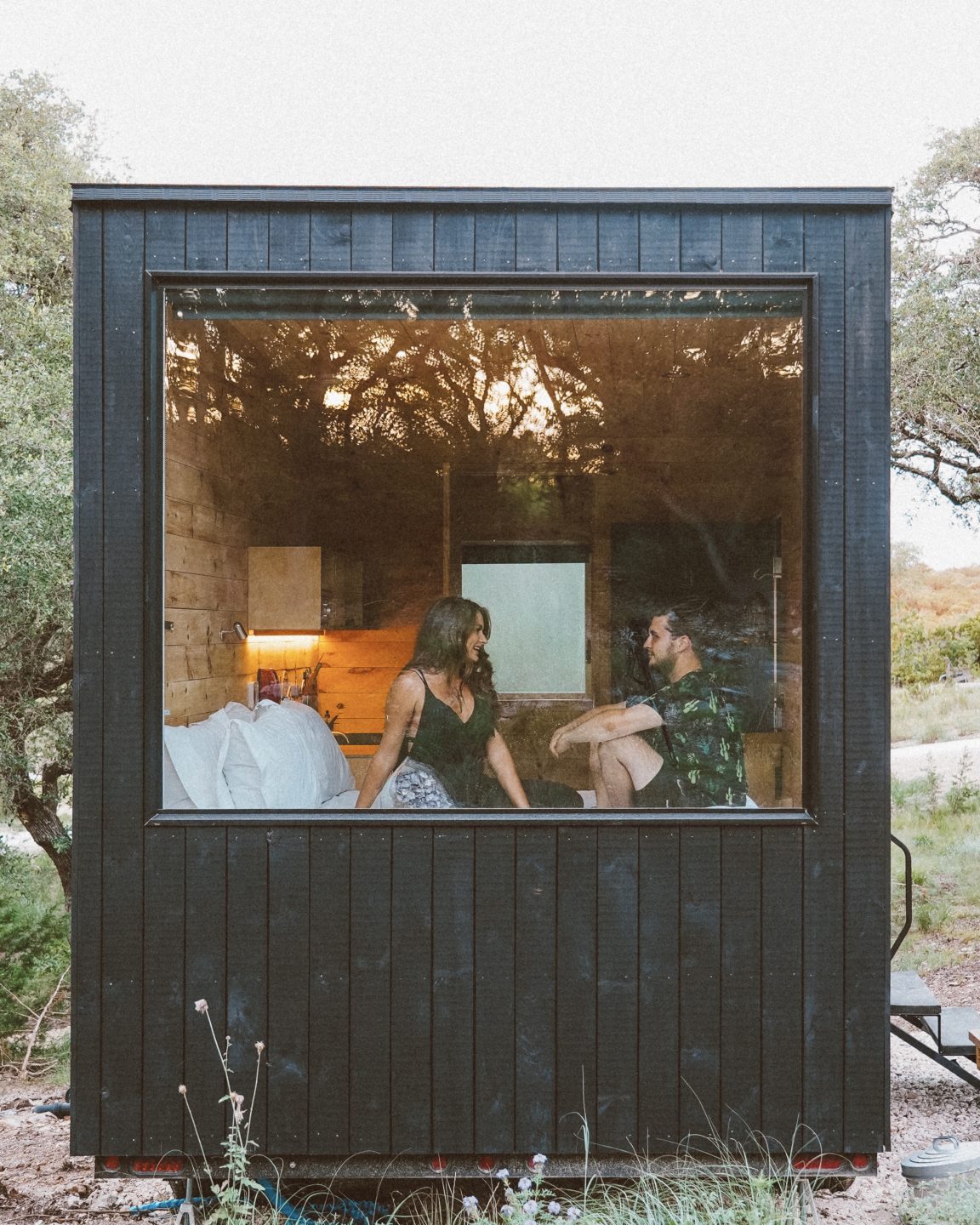Entering the National Radio Quiet Zone, which stretches 13,000 square miles across eastern West Virginia, you might feel like you’ve stepped back in time. There’s no cell service, no Wi-Fi, and the radio only picks up the lowest-frequency stations.
The zone surrounds and protects the National Radio Astronomy Observatory, where the massive Robert C. Byrd Green Bank Telescope tracks and reads energy waves from stars in galaxies thousands of light-years away.
The community is so serious about disconnection that it even has “RFI Policemen,” roving disconnection cops who come after anyone who produces any radio frequency interference.
Tech-free spaces have flourished in recent years. Some are one-off gimmicks like Kit Kat’s “Free No-WiFi Zone” campaign. Others are more immersive, like the London restaurant the Bunyadi, which banned phones, turned off the electricity, illuminated tables by candlelight, cooked food over an open fire, and even banned clothes. (Perhaps too far for some of us.)
Here are a few key times and spaces to create no-phone zones in your home:

1. Drive Time
We already know we shouldn’t be texting, browsing, or dialing while at the wheel. Here’s the next step: Even if you’re just along for the ride, try locking your phone away. How many friendships have been forged in the idle time on road trips? How many family challenges have surfaced on rides home from school? How many new ideas pop up while staring out the window at passing scenery?
2. TV Time
If you’re in the habit of scrolling through your phone while streaming Netflix, you’re not alone: According to a 2018 study, over 178 million Americans report using another device while in front of the TV. This is known as media-multitasking, and neuroscientists warn that it’s bad for our brains. In tests of attention and working memory, heavy media multitaskers perform notably worse than those who stick to a single screen. So savor leisure — and save your memory — by watching one thing at a time.
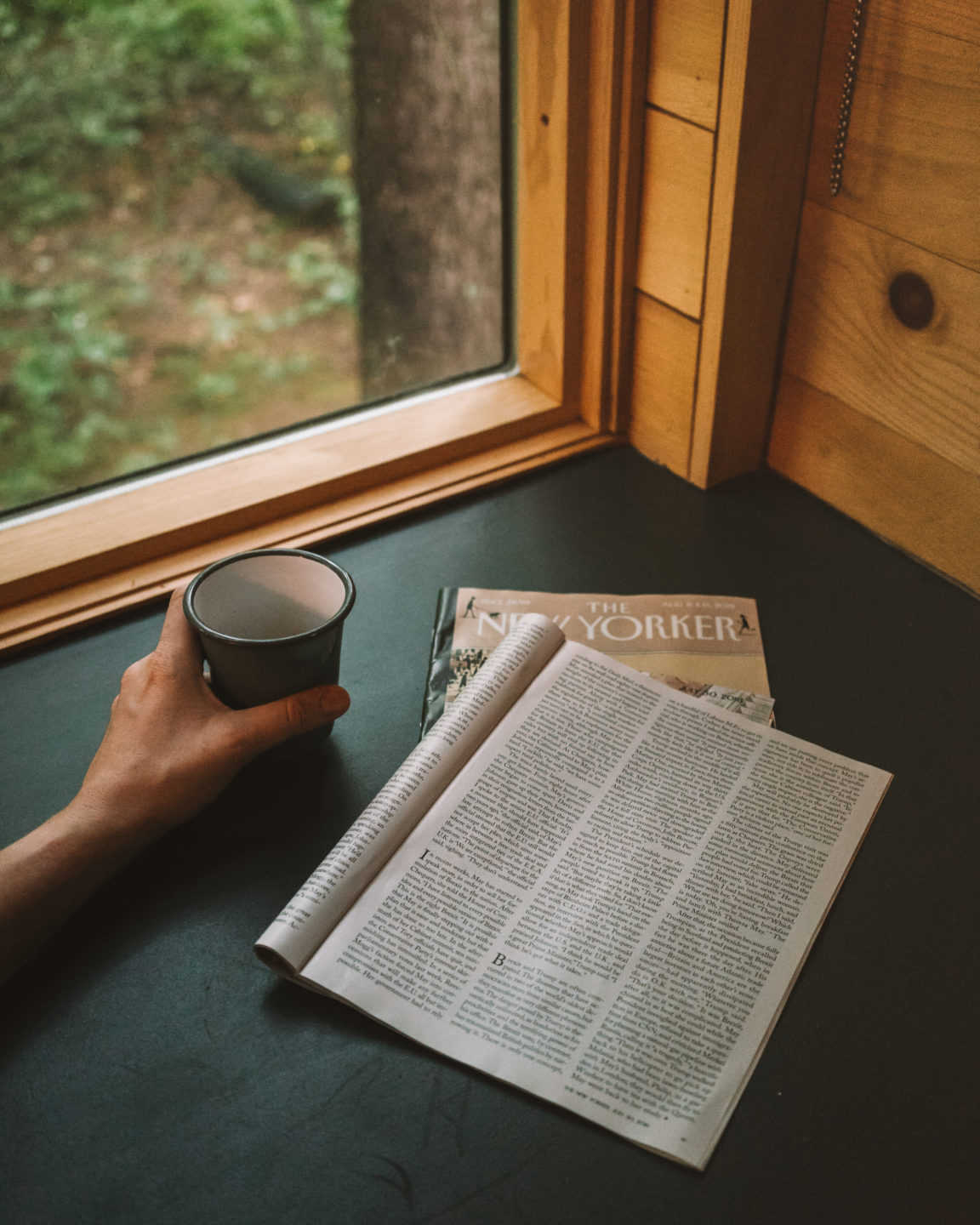
3. Dinner Time
For millennia, humans have connected with one another over shared meals. Having phones out at the table — even if we’re not actively engaging with them — diminishes the quality of our interactions by suggesting that our attention could be drawn away at any time. Banish phones to restore the dinner table as a site of emotional, intellectual, and physical nourishment.
4. Bed Time
There are lots of good reasons to keep our phones far away from our beds: The screen’s blue light disrupts our body’s melatonin production; the addictive allure of social media keeps us scrolling mindlessly past our bedtimes; the way phones distract us from downtime with our partners; the non-ionizing electromagnetic radiation they emit that our body tissue absorb… Here’s a tip: If you use your phone alarm to wake up in the morning, swap it for a physical alarm clock.
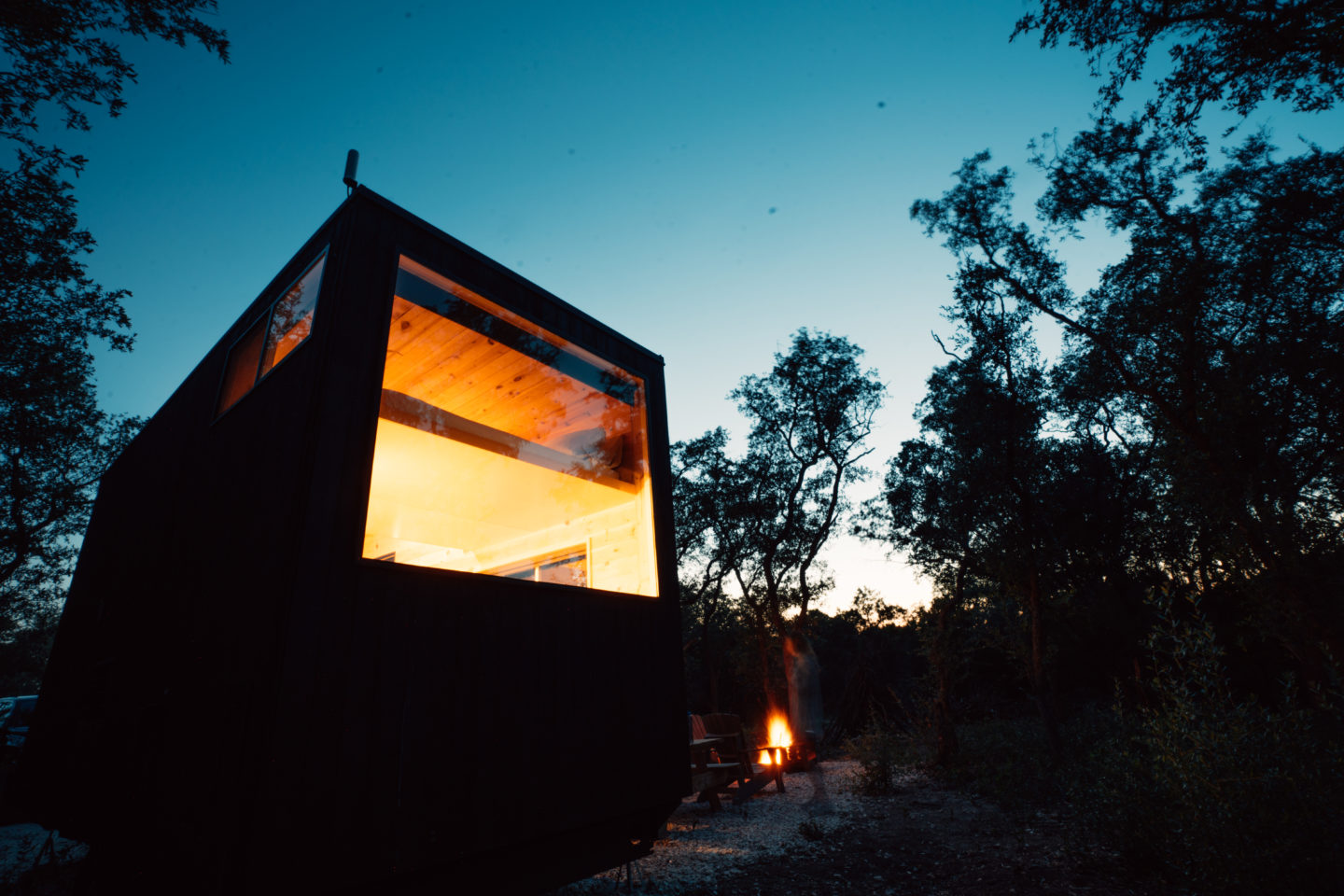
Need a phone-free zone? Book Your Getaway today.

